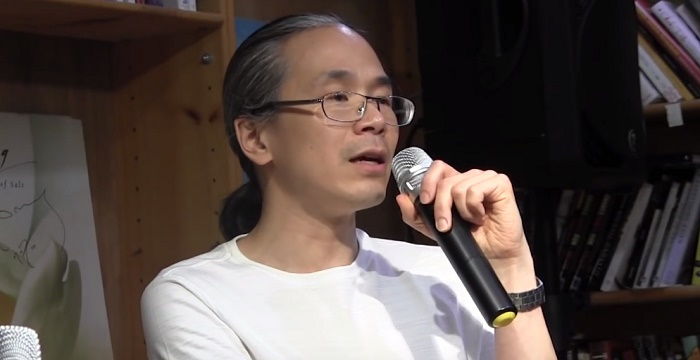

"It's a first contact story so what would happen first?," Hendrix explains. "We really like to get to the dramatic parts of our story, right? So if we're going to write a story about first contact with aliens, we're going to want to skip to the exciting parts."īut not Chiang - he's more interested in beautiful explanations. " observes Grady Hendrix, himself an author of speculative fiction. "Ted does something that not a lot of other writers do. And I tend to think of my stories in terms of sentences." "Never," he replies, politely suppressing a snort. Given Chiang's tendency toward exactitude and intellectual rigor, I wondered whether his imagination led him to see stories like movies in his head as he wrote. "I've always been drawn to clear explanations," he explains. Before he felt prepared to write "Story of Your Life," Chiang spent five years researching linguistics. "My job is to translate absurdly technical material to merely technical material," he dryly observes.Ĭhiang doesn't see much overlap between his day job and his career as a writer of celebrated short science fiction, except for one key value: clarity. Because he's not exactly prolific, Chiang supports himself by explaining software to programmers at places like Microsoft. But he's only published 15 short stories since 1990. Every few years, Chiang comes out with a new short story that sweeps science fiction awards, including the Hugo and Nebula. Banks, played by Amy Adams, is confronted with a hard jolt of reality in a fantastic situation: Aliens have arrived from outer space and we have no idea how to talk to them.Īrrival is based on "Story of Your Life," a 1998 short story by Ted Chiang, a soft-spoken, 49-year-old technical writer based in Seattle. That cry of frustration comes from linguistics professor Louise Banks in the new movie Arrival. "I'll never be able to speak their words!"


 0 kommentar(er)
0 kommentar(er)
